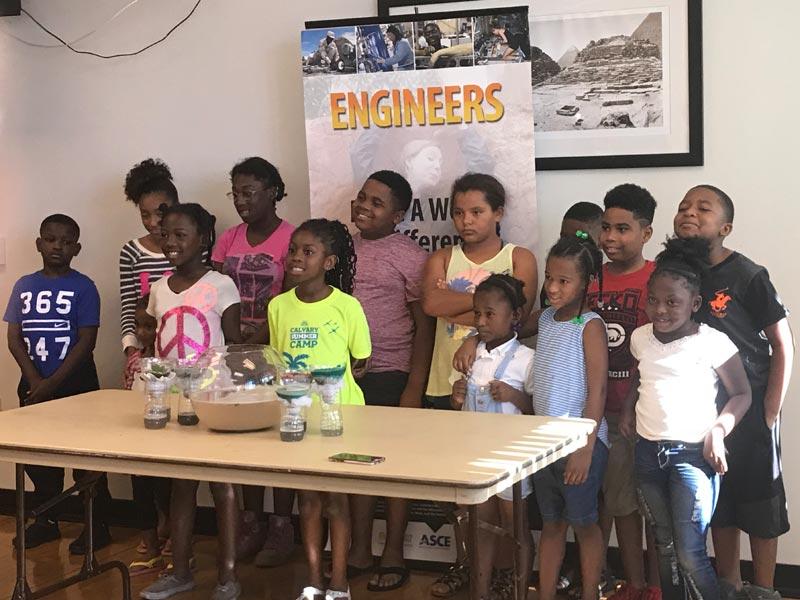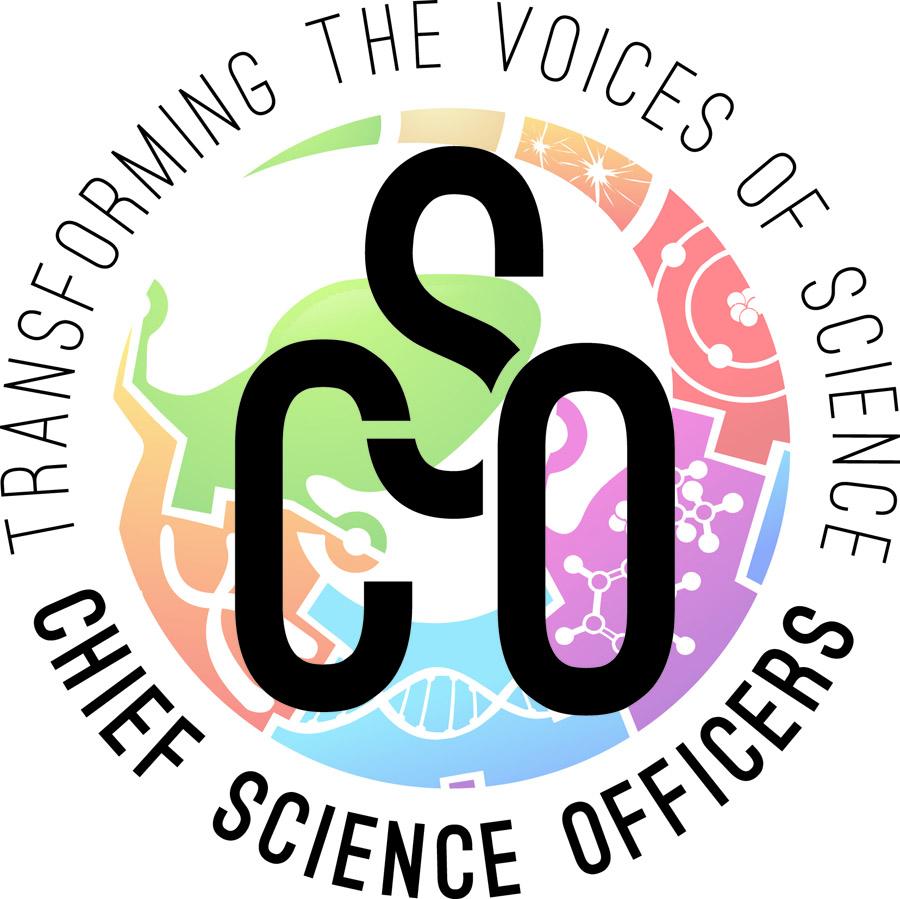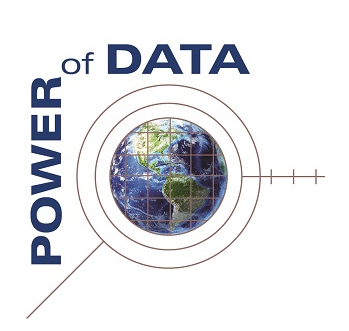Project BUILD (Building Using an Interactive Learning Design)

This project will advance efforts of the Innovative Technology Experiences for Students and Teachers (ITEST) program to better understand and promote practices that increase students' motivations and capacities to pursue careers in fields of science, technology, engineering, or mathematics (STEM) by bringing together youth (grades 2-5), their families, librarians, and professional engineers in an informal environment centered on engaging youth with age-appropriate, technology-rich STEM learning experiences fundamental to the engineering design process.

